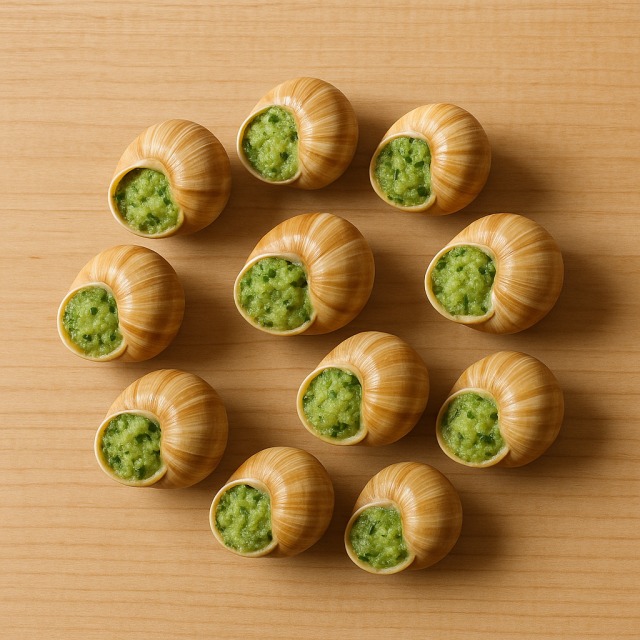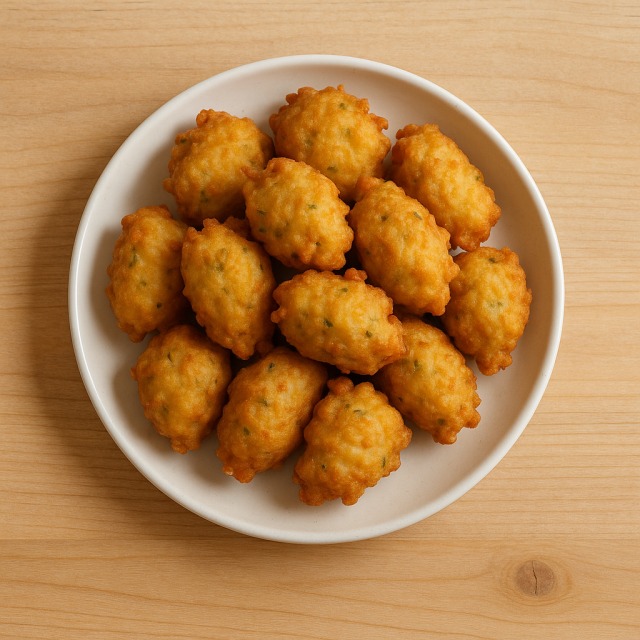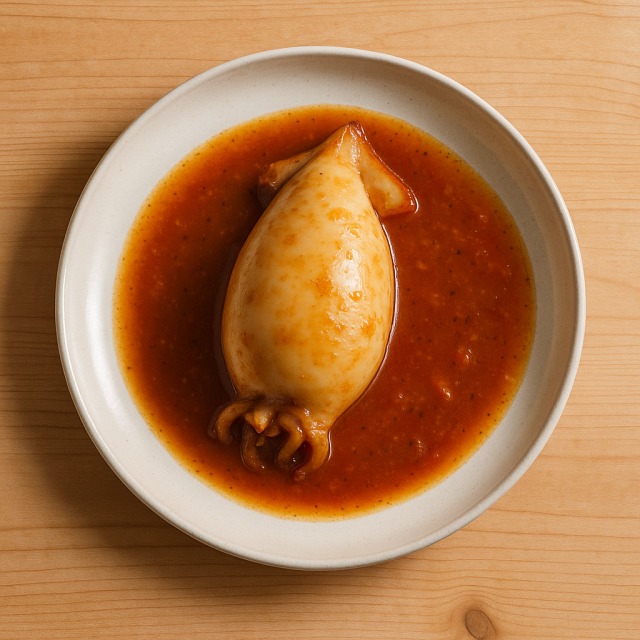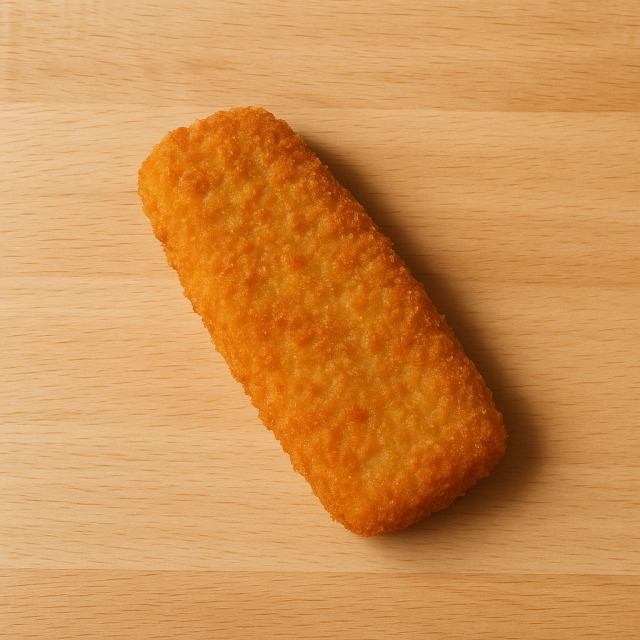Calorie Chart / Recipes / Mussels marinière
How Many Calories Are in Mussels marinière?
Calculation of the nutritional value & Recommended Dietary Intake of mussels marinière
For g and a calorie requirement of kcal
| Calories 140 kcal | Proteins 24 g | Lipids 3 g | Carbohydrates 4 g |
| 7% | 32% | 4% | 1% |
Health benefits of mussels marinière
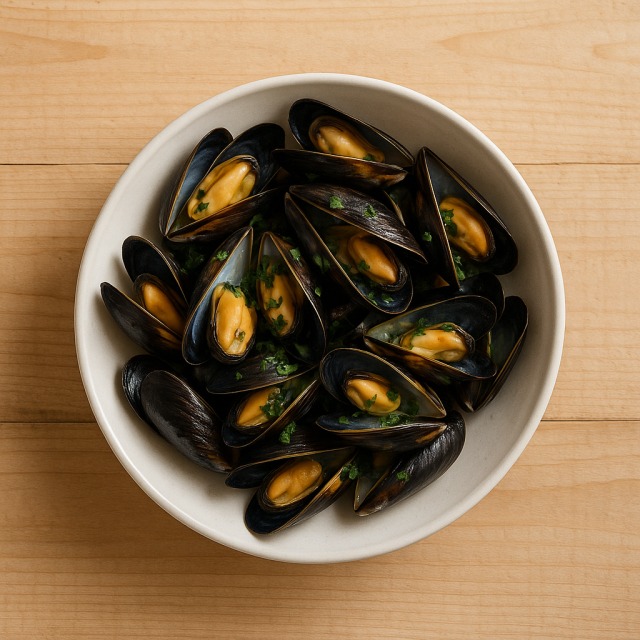
Mussels marinière - 100g
Calories 70 kcal
Proteins 12 g
Lipids 1.5 g
Carbohydrates 2 g
Mussels marinière are considered a low-calorie seafood, delivering only 70 kcal per 100 g while still packing around 12 g of high-quality proteins. This favorable calories-to-protein ratio makes them attractive for weight management and sports nutrition alike.
They are especially rich in vitamin B12, covering well over 100% of the daily requirement in a standard portion; this vitamin supports red-blood-cell synthesis and nervous-system health. Mussels also supply meaningful amounts of iron, selenium, iodine, and zinc, plus anti-inflammatory omega-3 fatty acids (EPA & DHA) that contribute to cardiovascular protection. Their selenium content works hand in hand with iodine for optimal thyroid function.
The marinière preparation—traditionally white wine, onion, herbs, and a touch of butter—adds very few calories compared with deep-fried or cream-based seafood dishes, so the final plate remains light. Historically, coastal populations valued mussels as an inexpensive "meat of the sea"; in 1954 French fisherman Marcel Tarbouriech even developed rope culture that boosted both yield and cleanliness.
Tips for incorporating mussels marinière into a balanced diet
If you watch your calories, serve mussels marinière with steamed broccoli or a green salad instead of French fries. The broth is too tasty to waste—dip a slice of crusty baguette into it and you still keep the meal moderate in calories.
For athletes needing extra carbohydrates, accompany the shellfish with a portion of fluffy rice; the proteins from mussels and the slow carbs from rice provide sustained energy without an explosion of calories.
Variation ideas: turn the cooking liquor into a light pasta sauce, or fold the meat into a Mediterranean salad with lemon, parsley, and diced tomato. You can also use leftover mussels in a homemade paella alongside shrimp and prawn, keeping an eye on total calories by limiting added fats.
Frequently Asked Questions
- How many calories are in mussels marinière?
- There are 70 kcal per 100 g.
- Are mussels marinière good for a low-calorie diet?
- Yes. Their 70 kcal per 100 g and high protein content help you feel full while keeping total calories low.
- Which nutrients make mussels marinière interesting for athletes?
- Mainly proteins, vitamin B12, iron, and omega-3s, all within a modest calorie budget.
- Do the wine and butter in the recipe add a lot of calories?
- The classic marinière sauce adds only a few dozen kcal per serving—far less than cream sauces—so overall calories stay moderate.
- Can I freeze cooked mussels marinière without altering their calories?
- Freezing does not change calories; just cool them quickly, remove shells, and store the meat with some cooking liquid.
- Is the cholesterol content high even if the calories are low?
- Mussels contain about 56 mg cholesterol per 100 g. Most people can include them occasionally; if you monitor blood lipids, balance them with fiber-rich vegetables.
Similar foods
Information provided by Calorie Menu may contain inaccuracies or errors. It cannot, under any circumstances, substitute medical advice or medication.


